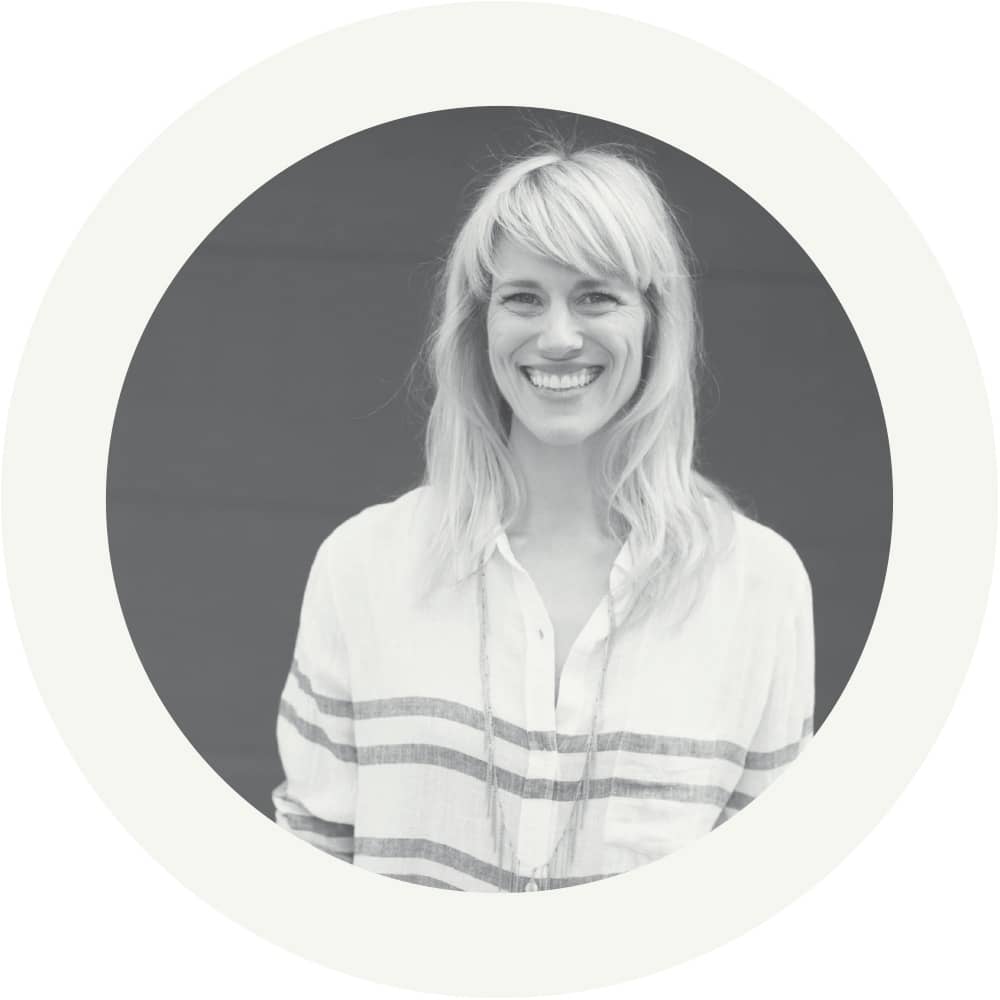Scaling for the Planet, A Q&A with Jessica Rolph
Influencing the next generation of sustainable consumption, with Jessica Rolph, co-founder of Lovevery.
Jessica Rolph is the co-founder — along with Rod Morris — and CEO of Lovevery, a child development company helping parents feel confident they are making the most of each learning stage. She was also founding partner and COO of HappyFamily, an organic baby food company acquired by Groupe Danone in 2013 and is cofounder of the Climate Collaborative, a nonprofit consortium of natural-foods companies that seeks solutions to address climate change.

How do you decide what projects to take on, and how do you measure impact at the organizations you are involved with?
I’m craving a platform to influence the people, movements, and work that is meaningful to me, whether that’s being able to speak about paid leave for mothers, being able to speak about climate and how supply chains need to change, or being able to start a nonprofit and get members.
The business scale is the engine for that platform, and the metric is really “How successful can we be as a business so that we can have the biggest platform possible, impacting as many families as we can?” Because our mission is baked in — things like purchasing carbon offsets for every shipment, or that we are a model for tight packaging — our impact is reflected in the scale of business.
How do you hire effectively for a mission-driven business?
We all have values and a purpose. It’s hard to find somebody who doesn’t feel like there’s something about them that is special; everybody’s on this planet for a reason. The question is, how do you find people who are in alignment with the purpose that you’ve set out, for the mission that you’ve set out?
So one of the most important things we’ve done is really openly sharing our hopes, dreams, fears, and aspirations for the company with everybody, so that we’re all working with the same big-picture information.
When you sold HappyFamily to Group Danone, were you able to translate the values or missions into that culture?
The translation of the mission was easy, in a sense, because we were able to deepen our values. We were able to work on studies related to mycotoxin and heavy metals with resources and scientists that we didn’t have access to before. We’re not going to say to the customer, “Oh, the parts per billion of this mycotoxin is much less than it was last week.” But, by being able to have that resource, we were able to deepen our integrity.
Why did you start the Climate Collaborative?
I started thinking about my kids. It’s always hard to juggle work — your life’s passion — with being a present parent. It required a lot of me to scale that company; I was gone a lot during my pregnancies or after a birth. I would leave my baby. It was just emotionally hard to juggle that.
But I always felt comfort in knowing that my children would someday admire their mom. They would learn what I had created and feel so proud of me.
Then I had this sinking feeling and this new realization that maybe they wouldn’t. Maybe they would see me as part of this old type of business that was making packaged goods, and these packaged goods were really ending up in our landfills.
Also, if you think about the climate problem, landfill is not necessarily the issue. There are so many more macro-level issues related to our supply chains and our energy sources and public policy and whatnot. So it just felt like climate was going to be very much their issue. It’s our issue, and it’s going to be so present for them in their lives. It made me feel, upon reflection, that maybe a lot of work that I had done, that I felt so proud of, in retrospect would be seen as the old way of doing business.
I really internalized that. I started working on a deeper effort with Nancy Hirshberg, Lara Jackle Dickinson, and Katherine DiMatteo. Together we created the Climate Collaborative. We have more than 500 member companies now. It’s one of the things I’m most proud of in my life.
Are you happy with the sustainability of your products?
You’re never done improving the quality of your product. You’re never done improving the sustainability of your products. We’re off to a really good start, but it’s not enough for where we’re headed as a planet. There is so much more to do.
Does the sustainability of your products influence purchasing decisions?
I’m surprised that customers aren’t demanding it. It’s a bummer that they aren’t. But it’s hard to ask busy parents to think about the complexities and layers of supply chains involved with everything in our homes; there’s only so much attention. But I think it’ll come.
We’re investing in the future of consumer perception, not necessarily investing in what is reflected now.